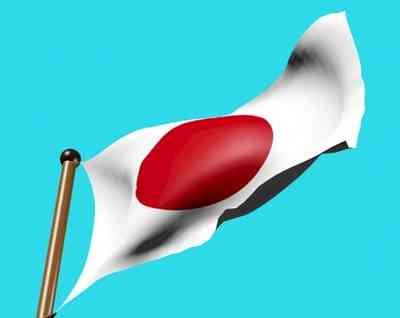Japan to allow nuclear plants to operate beyond 60 years
Japan decided on Thursday to allow nuclear reactors to operate beyond their current limit of 60 years and replace aging facilities with new advanced ones, signaling a major change in the county's nuclear policy.

Tokyo, Dec 22 (IANS) Japan decided on Thursday to allow nuclear reactors to operate beyond their current limit of 60 years and replace aging facilities with new advanced ones, signaling a major change in the county's nuclear policy.
At a meeting on achieving the country's green transformation, the government adopted guidelines for nuclear power plants that permit extending the lifespan of nuclear reactors and the construction of next-generation plants to replace those to be decommissioned, Xinhua news agency reported.
The Japanese government is expected to give its approval early next year.
After the Fukushima nuclear disaster in March 2011, the Japanese government's stance had been that it was not considering building new nuclear reactors or replacing existing ones.
The government's new basic policy for bringing about a green transformation, including the new nuclear policy, notes that nuclear power and renewal energy will be "made use of to the maximum," according to the guidelines.
The government also plans to raise about 20 trillion yen (about $151 billion) through issuing green transformation bonds to boost investment in decarbonization projects, as it estimates that public and private investment of over 150 trillion yen (about $1.13 trillion) will be necessary over the next 10 years.
Japanese Prime Minister Fumio Kishida said at the meeting that the policy change will be a "major reform of the whole economy and society."


 IANS
IANS 













